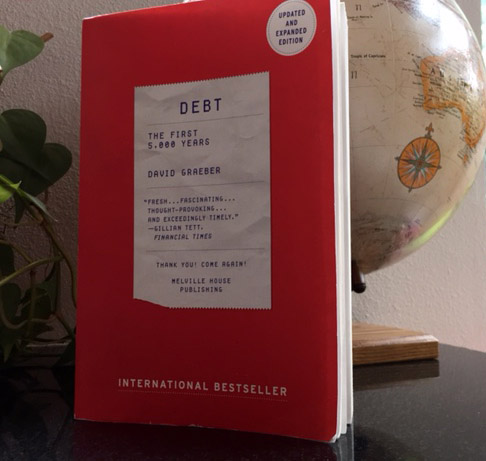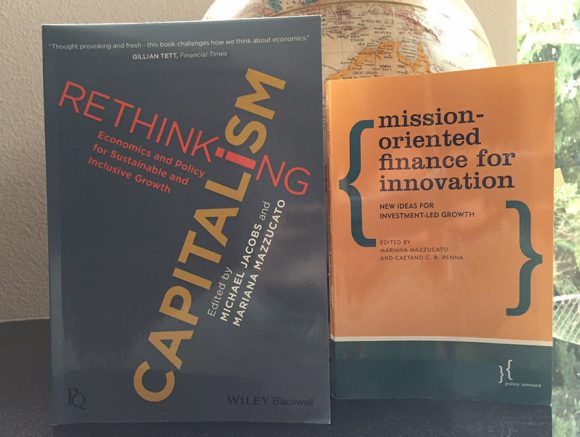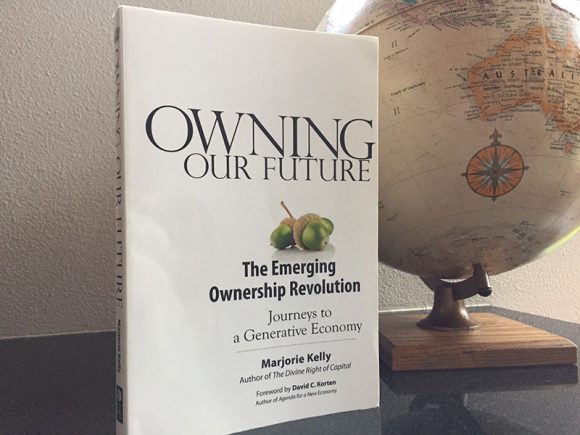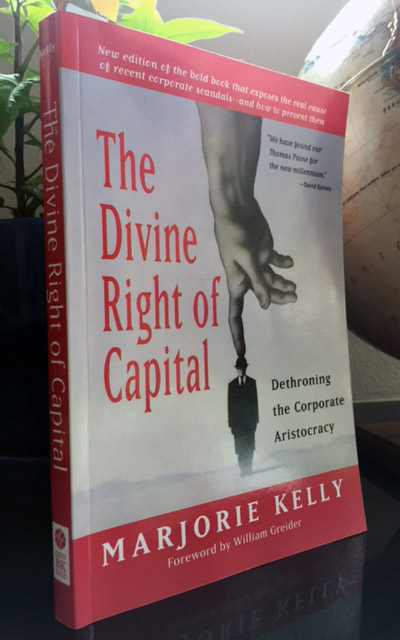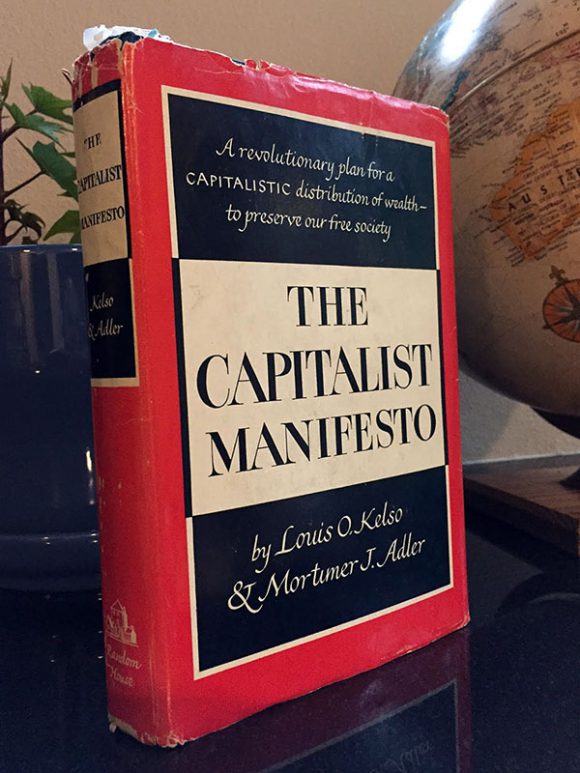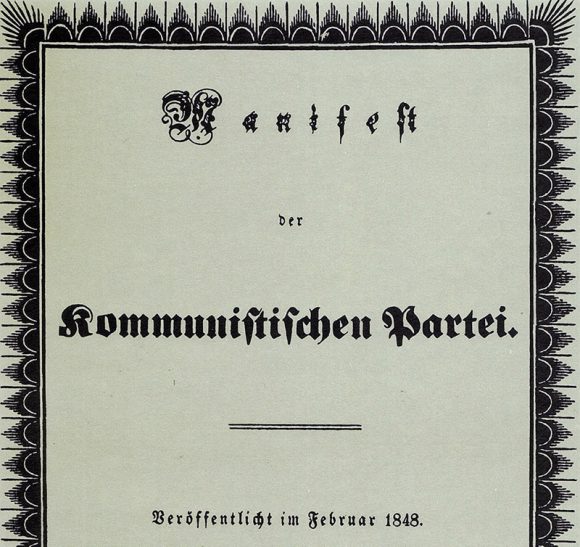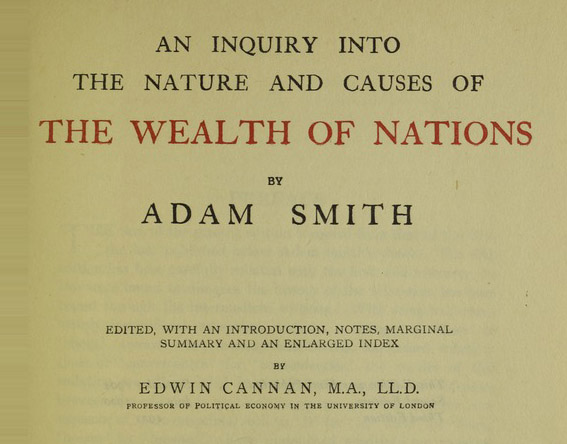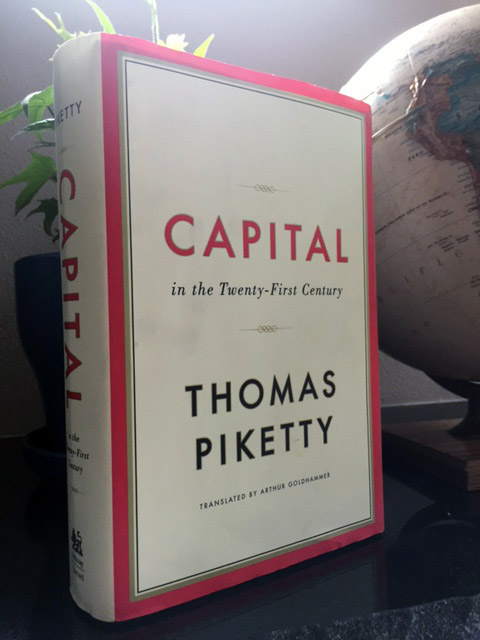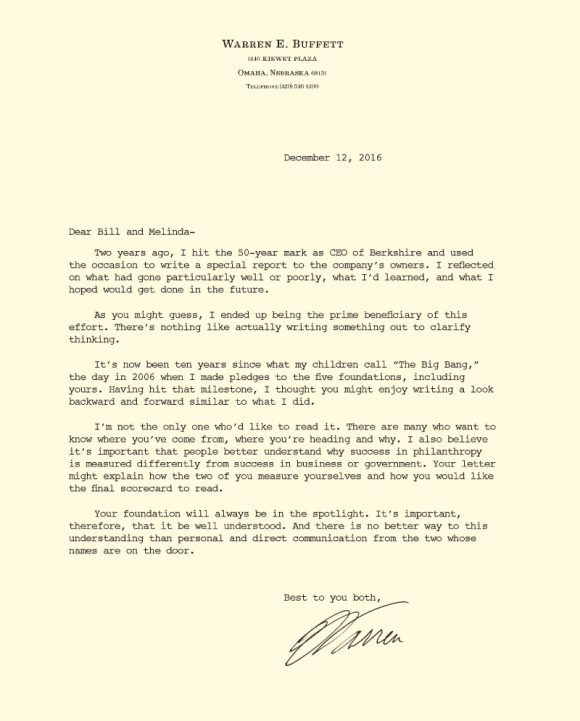
We are told that employees (labor) works for management, that management works for the board, and that boards works for shareholders, with shareholder value being the ultimate goal of business. We’re told a lot of things that are simply not true. That story is common, but not universal. It’s not required by law. It’s just tradition. Another pattern is the employee-owned...

